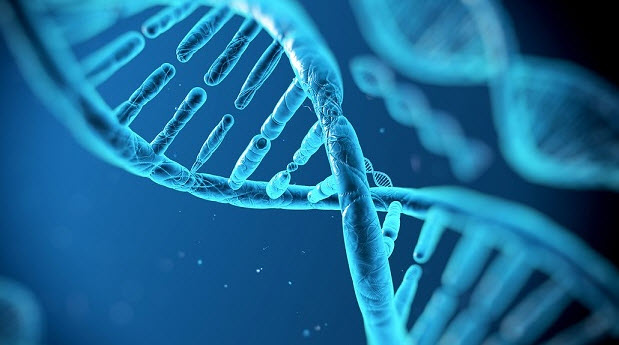When USCIS determines that primary evidence is unavailable or unreliable, it may suggest and accept DNA test results as evidence of a full-sibling or half-sibling relationship in any petition or application for an immigration benefit in which a sibling relationship is required to establish eligibility or may otherwise be relevant to an eligibility determination.
Note: USCIS will only consider results of DNA testing conducted by an AABB-accredited lab.
USCIS policy on parentage testing remains unchanged.
Testing Against Additional Relatives: to the extent possible, DNA testing against the common parent(s) is encouraged, because it produces more reliable results than tests that do not include a common parent. Similarly, test results that include additional first-degree relatives, such as another sibling, will yield more conclusive results. Including additional blood relatives, such as aunts, uncles, and cousins, also produces more reliable results, particularly where a result is otherwise inconclusive. The AABB standards encourage accredited labs to recommend additional testing of relatives, where appropriate.
As USCIS does not currently have regulatory authority to require DNA testing, they may only suggest the option of additional testing to the petitioner. The applicant or petitioner bears the burden, however, to establish eligibility for the immigration benefit sought. INA § 291, 8 U.S.C. § 1361; Matter of Otiende, 26 I&N Dec. 127, 128 (BIA 2013).
DNA could be expensive. The petitioner or applicant will have to pay for the DNA test if suggested by USCIS or the U.S. embassy or consulate.
(Primary evidence to establish a sibling relationship includes birth certificates, and if applicable, marriage certificates. When an officer determines that primary evidence is unavailable or unreliable, the officer may consider secondary evidence that demonstrates the sibling relationship. Secondary evidence that officers may consider includes, but is not limited to, medical records, school records, and religious documents issued contemporaneously with the event they document. Affidavits sworn to by persons who were living at the time of and who have personal knowledge of the event to which they attest may also be accepted if certain conditions are met. Following the BIA’s ruling in Matter of Ruzku, 26 I&N Dec. 731 (BIA 2016) USCIS initiated discussions with the AABB Relationship Testing (RT) Subcommittee through the DHS Science and Technology (S&T) Directorate.)
This Policy Memo replaces a 2014 Policy Memo (PM-602-0106, DNA Evidence of Sibling Relationships), and previous guidance in Chapter 21.9(c) of the Adjudicator’s Field Manual (AFM).
New USCIS memo.
Briefly in Russian:
USCIS опубликовал новые инструкции по использованию теста ДНК при анализе петиций поданных на брата и сестру (и также тех братьев и сестер, у кого общий только один из родителей).
Раньше тест ДНК использовался для установления отношений между родителем и ребенком, и не применялся для других категорий. Теперь USCIS могут предложить петиционеру и брату (сестре) пройти тест ДНК через лабораторию аккредитованную AABB. Они не могут принудить петиционера и заявителя пройти этот тест, а могут только "предложить". Но стоит понимать, что предлагать такой тест USCIS будут тем, у кого не хватает первичных документальных доказательств (свидетельства о рождении, о браке) или что-то вызывает недоверие к документам (подозрение, что это подделка). В случае отказа от теста ДНК, USCIS могут отказаться утвердить петицию I-130 или выдать визу. Инструкции по тесту ДНК родителей и детей остаются те же, что и раньше.


 RSS Feed
RSS Feed